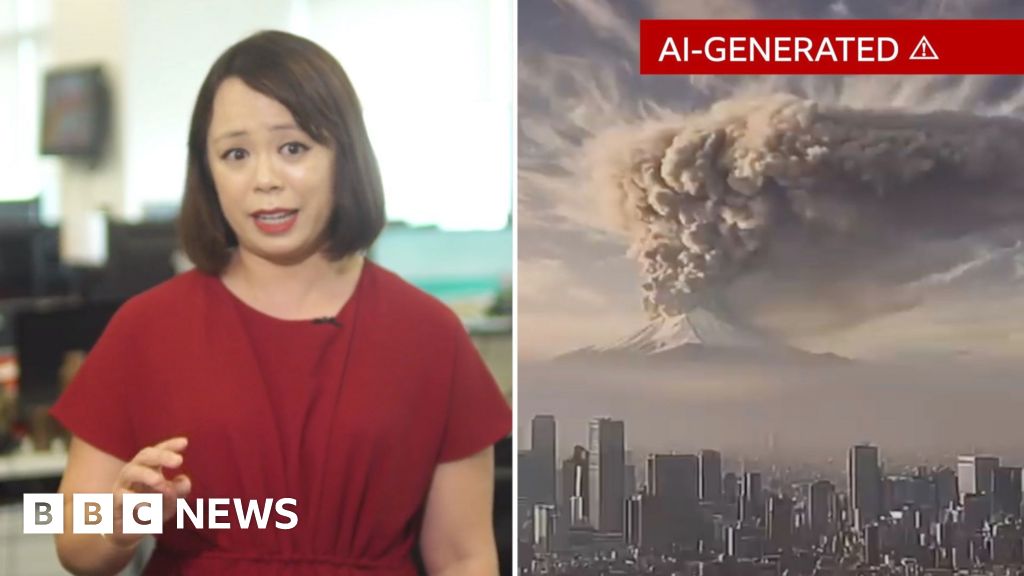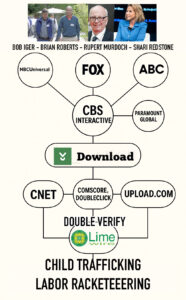The High Court of England and Wales has raised alarms over the increasing use of fake legal precedents and arguments generated by artificial intelligence, warning that attorneys could face criminal charges for utilizing such erroneous content. In a significant statement made on Friday, a prominent judge reiterated the need for more stringent regulations to counteract the misuse of AI in the legal field.
In a rare move, Judge Victoria Sharp, president of the King’s Bench Division, alongside her colleague Jeremy Johnson, recounted two different instances where fictitious materials were presented in legal documents. In one case, a claimant and his attorney openly acknowledged that AI tools had produced “inaccurate and fictional” submissions for a lawsuit against two banks, which ultimately resulted in dismissal last month. Similarly, another case saw a lawyer for a client suing a local council struggling to account for several nonexistent legal references included in her arguments.
Highlighting the potential dangers to justice and public trust, Judge Sharp invoked seldom-used judicial powers aimed at regulating legal procedures and reinforcing the responsibilities of attorneys. “The misuse of artificial intelligence poses serious risks for the justice system,” she cautioned, asserting that legal professionals may face criminal convictions or be prevented from practicing law should they rely on fabricated AI-generated materials.
This warning underscores the urgent call for better guidelines as lawyers navigate the evolving interface between technology and traditional legal processes.
In a rare move, Judge Victoria Sharp, president of the King’s Bench Division, alongside her colleague Jeremy Johnson, recounted two different instances where fictitious materials were presented in legal documents. In one case, a claimant and his attorney openly acknowledged that AI tools had produced “inaccurate and fictional” submissions for a lawsuit against two banks, which ultimately resulted in dismissal last month. Similarly, another case saw a lawyer for a client suing a local council struggling to account for several nonexistent legal references included in her arguments.
Highlighting the potential dangers to justice and public trust, Judge Sharp invoked seldom-used judicial powers aimed at regulating legal procedures and reinforcing the responsibilities of attorneys. “The misuse of artificial intelligence poses serious risks for the justice system,” she cautioned, asserting that legal professionals may face criminal convictions or be prevented from practicing law should they rely on fabricated AI-generated materials.
This warning underscores the urgent call for better guidelines as lawyers navigate the evolving interface between technology and traditional legal processes.






















